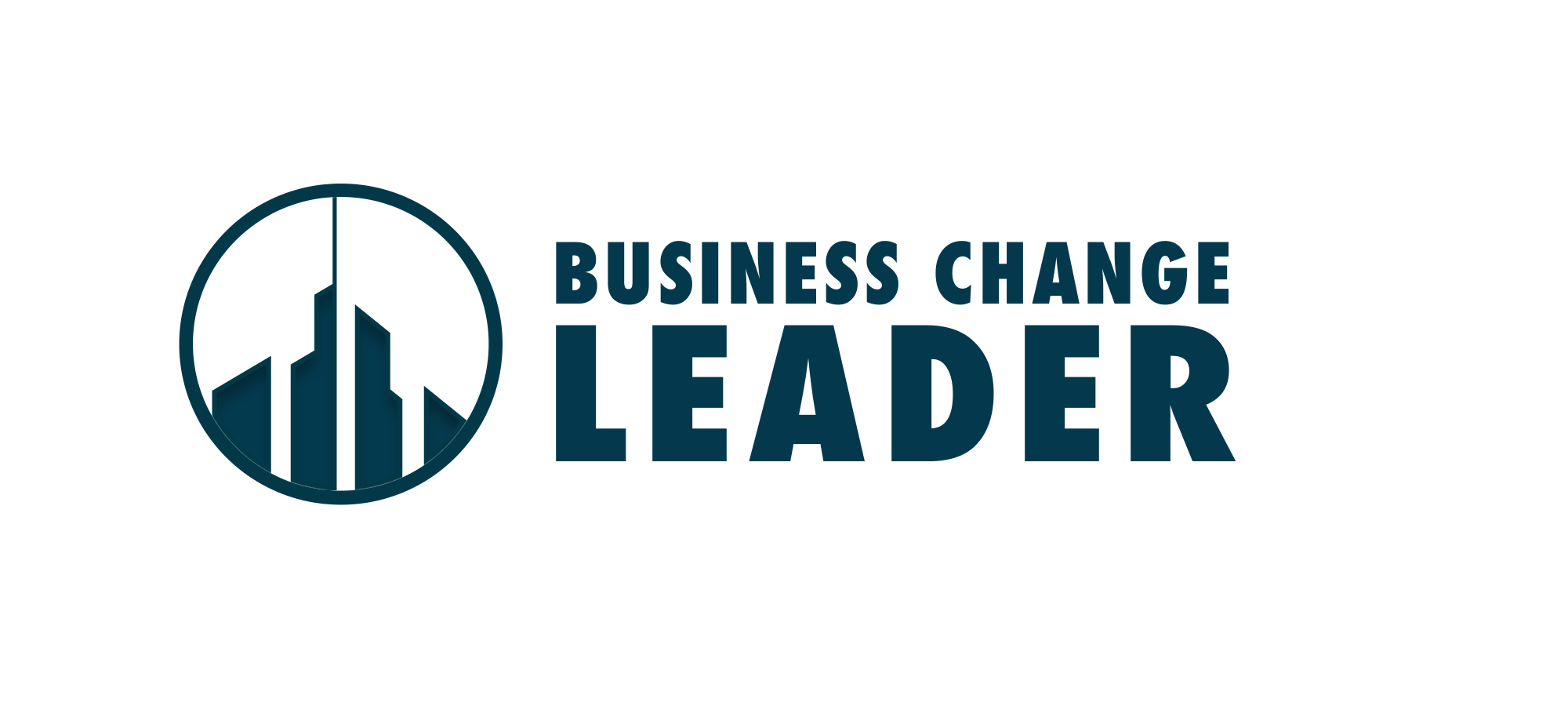The New New CIO Role: Big Changes Ahead
The New New CIO Role: Big Changes Ahead - CIO.com. In a recent discussion with a previous client of mine and now friend, I was challenged as to why I view the role of CIO as exciting. The attached article does a good job of answering my friend Jim's question. Incidentally, you can read Jim's musings on his blog at O'Reilly Radar.
What's not to love about being on the border between the business and IT, or shall I say the border between France and Germany circa 1944? That would be brutal. 1970 might be a little more tolerable. 2010 even more so. This analogy is not meant to compare the brutalities of war with our current business environment, rather this conscious exaggeration via analogy hopefully crystallizes the concept of being on a border between two different cultures. I told Jim "some people are just drawn to chaos!" with big smile on my face like the Cheshire Cat from Alice in Wonderland. If you enjoy creating order out of chaos, if you enjoy bringing structure to an unstructured challenge, and you can translate business and technology, then the CIO role is something you should consider.
My favorite insights from this article:
- There are two kinds of CIOs: operational and strategic. Which one plays to your sweet-spot?
- On tomorrow's CIOs...the future CIOs have to be excellent in negotiating; spend all their time with the business; be a visionary; be a "tweener" - someone who always operated between the business and IT. How do you map into this description?
- A CIO who is transforming their business needs to concentrate on the four P's: Perception, Profile, Participation and Performance. Rate yourself in these areas.
- CIO = Chief Transformation Officer What have YOU transformed?
- And they have to operate or deliver. Think...DELIVERY is job 1! Don't forget the daily blocking and tackling.
I recently came across another interesting corroborating perspective on the CIO role as a Chief Insight Officer. I found this very "insightful".
At the end of the day, technology is disrupting everything. We look back on history and refer to the industrial era, and reflect on the quantity of change that period delivered. We are now working within the "knowledge" era where the knowledge you gain today, might be obsolete in a matter of months based on the pace of change. We are constantly learning and displacing old tools or techniques with new ones to maintain our profit margins and compete with larger and smaller competition. All along, the CIO is in the eye of the storm, and the person who can strategically create order from chaos while operating an environment of increasing complexity and building effective relationships across the business and IT leadership will make a measurable difference to a company's bottom line.
